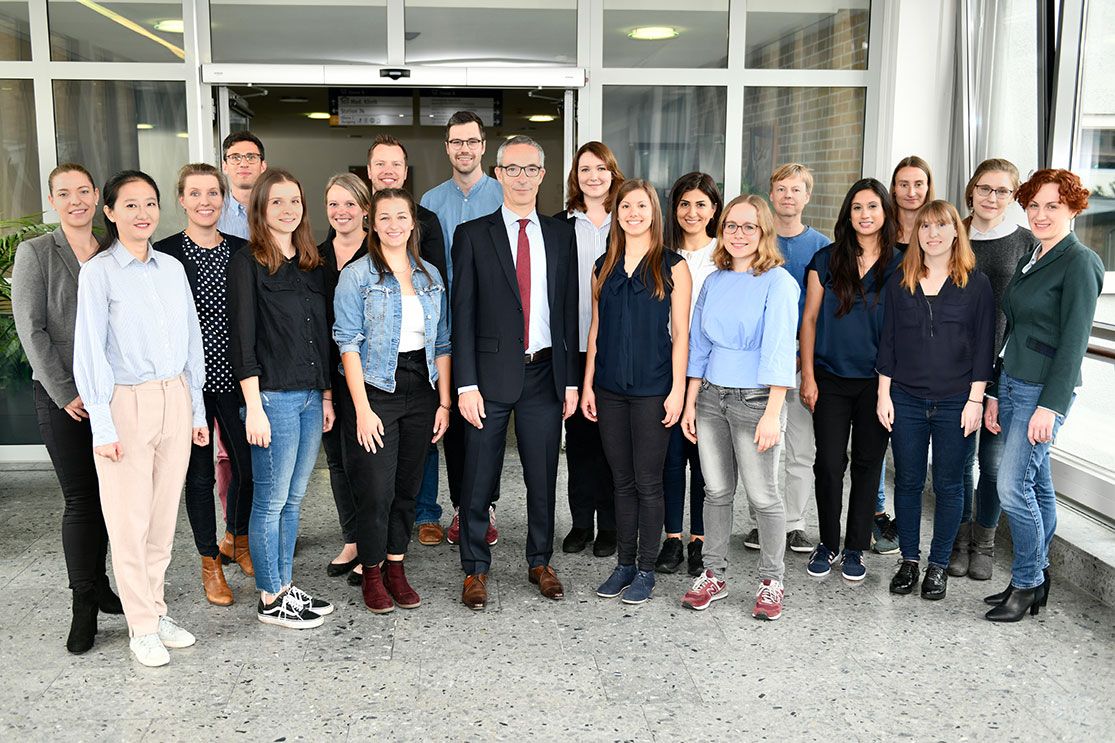Scientific focus
Our research is focussed on the field of tumor immunology/biology with the following key aspects:
- Molecular mechanisms influencing cancer biology, host-tumor interaction and immune escape
- Development of novel immunotherapeutic strategies, in particular novel antibody formats to induce antitumor immunity of NK and T cells, until the stage of clinical application











